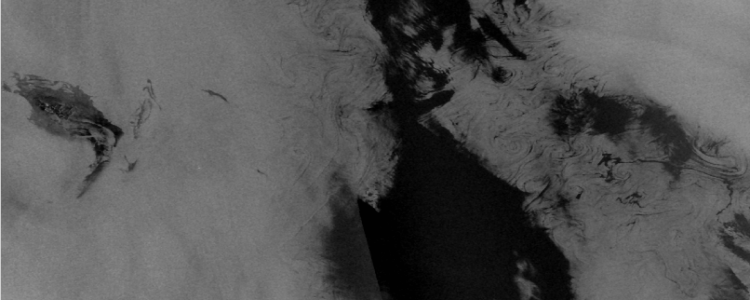Remarkable progress has been made in oil slick detection over the past decade due to the increasing availability of high-quality remote sensing data, particularly Synthetic Aperture Radar (SAR). However, automatic detection remains a problem despite the growth in computing power and the development and adoption of advanced machine learning techniques. This is due to the variability in oil slick behaviour based on their origin (natural or anthropogenic), contextual factors such as weather conditions, and the presence of lookalikes such as algae.
In this thesis, we focus on the study of offshore oil slick detection in the context of a project initiated by TotalEnergies in collaboration with the LISTIC laboratory. Relying on real monitoring scenarios and taking advantage of historical data on several worldwide areas as well as the experience of photo-interpreters, we aim to provide an automatic detection tool to assist human experts. Following advances in artificial deep neural networks, this thesis yields assistive tools for natural and anthropogenic offshore oil slick detection. This work also investigates the interest of automatic fusion of heterogeneous data considered relevant for oil detection by human experts : SAR images and contextual data such as wind speed and infrastructure positions.
The first contribution of this thesis is to compare two structurally different deep learning approaches: instance segmentation through Mask R-CNN and semantic segmentation through FC-DenseNet. This comparison is established on experiments relying on two SAR sensors: EnviSat and Sentinel-1.
The second contribution of this thesis is a performance analysis based on the most relevant contextual factors, such as wind speed, oil slick size and infrastructure position. The third and notable contribution is a proposal for a multi-modal deep learning fusion model called Fuse-FC-DenseNet capable of improving the detection performance while reducing false detections.
Finally, the last contribution consists of adapting network explicability methods to analyze and understand the predictions obtained by deep learning models and appropriately determine the factors contributing to the network decision.
